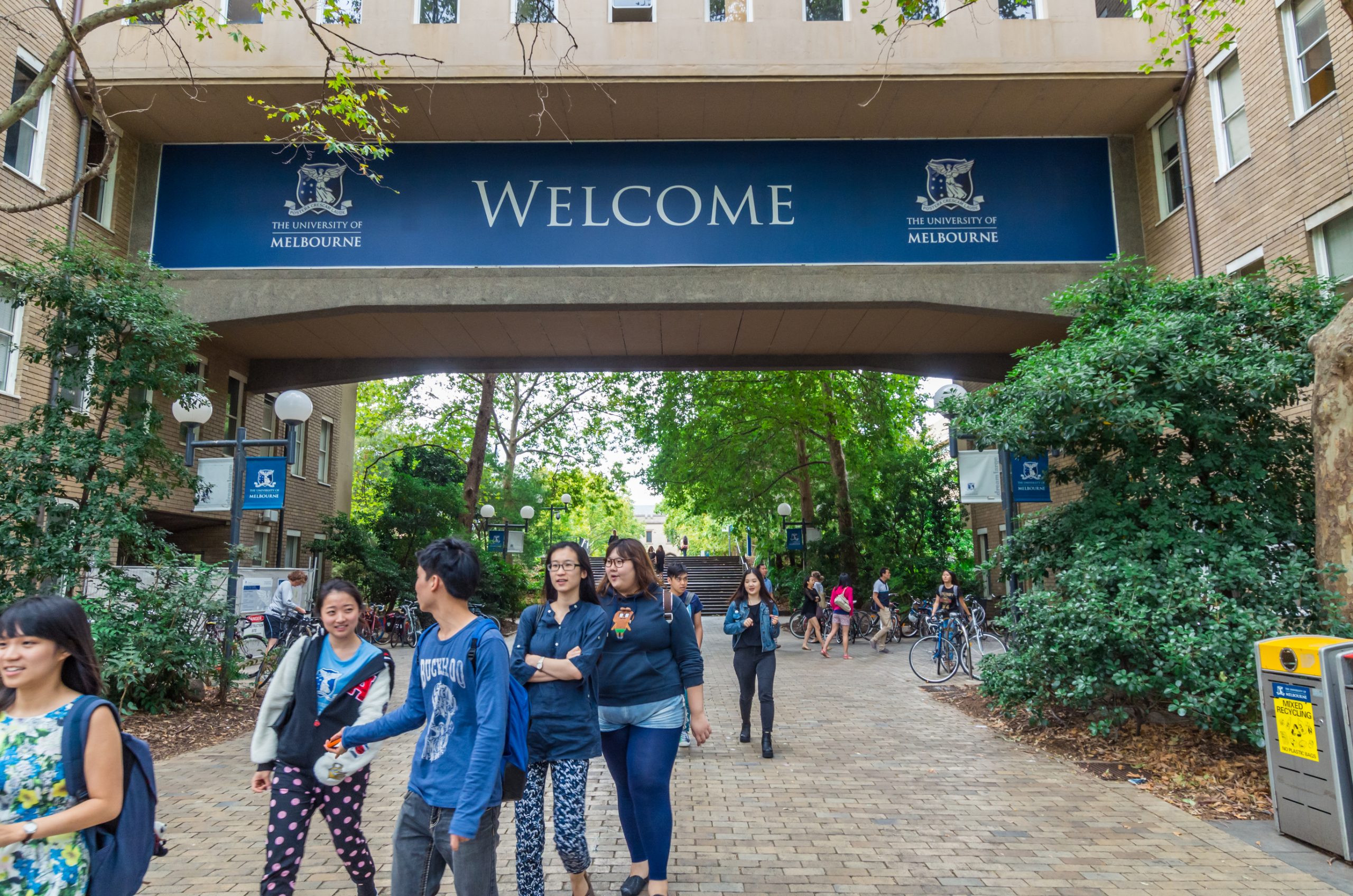Have we learnt anything in this beast we might call, “the higher education industry”. I fear that I am forced to a cynical answer, which I am sure is not quite correct, and in the analysis, it is a temporary starting point.
My cynicism comes from reading, ‘THE’, this morning, a regular task I did in my former work for Prof. Glyn Davis, my former employer, more than a decade ago. What has really changed, I ask myself?
The two stories today makes me doubt that university leaders have learnt anything: “Australian international education hits new high” and “New Zealand’s cash-strapped universities face imminent cuts because of ‘significant’ under-enrolments”.
In September 2019, 634,000 foreigners were in Australia on various subclasses of student visas. At the end of July 2023, there are 655,000 persons in Australia on temporary student visas. It has gone up from 569,000 from June 2023. It is seen as good news with the pronounced view: “Education is surging back, adding billions of dollars to the economy and paying for the essential services all Australians rely on,” (Universities Australia chief executive, Catriona Jackson). According to THE’s John Ross, “…the students they attract are generating unprecedented economic activity in the wider community.” But the wise in the history of higher education policy knows that this is not true. Overseas students do bring a bump in economic activity but it is not ‘unprecedented’. Asks the members of the ‘wider’ local communities. It is a good news story designed to hoodwink intelligent persons, but in attempting the propaganda it fails. Members of the wider communities are more intelligent than academic executive leadership give them credit. The problem remains that Australia still places its educational funding too much in the one basket, and we open ourselves, absurdly, to another economic fall. And meagre baskets are where the members of the wider communities are suffering.
In the meantime, New Zealand universities are having difficulties finding students. As John Ross stated: “Government funding for New Zealand universities has been going backwards in real terms for well over a decade…”. The bizarre approach of Neo-Liberal economics is that you strip financial-producing assets because there is a downturn in the financial production of those assets. The logic of a pea-brained bean-counter to balance the budget. Neo-Liberal economists are so obsessed with costs that they are blind to the big picture view of ‘supply’ in the semantics of what education actually means.
Australian demand in international education is a warped view of higher education. The supply of university courses in New Zealand, which the economists want to cut, is most likely the better view of higher education. University leaders are losing their intelligence – the space of being able to think of ideas comprehensively and with epistemic fit – against the benefits of wider communities.
Featured image: The University of Melbourne, in the inner city suburb of Parkville, was founded in 1853 and is one of Australia’s best and most prestigious universities. Photo 51780441 | University Melbourne © Nils Versemann | Dreamstime.com
Neville Buch
Latest posts by Neville Buch (see all)
- J. D. Vance’s Insult to America is to Propagandize American Modernism - July 26, 2024
- Why both the two majority Australian political parties get it wrong, and why Australia is following the United States into ‘Higher Education’ idiocy - July 23, 2024
- Populist Nationalism Will Not Deliver; We have been Here Before, many times… - July 20, 2024

